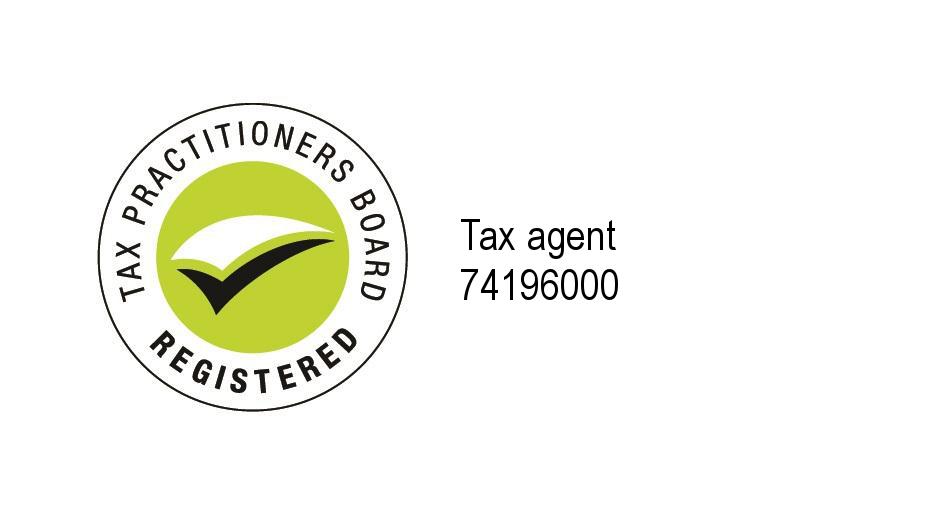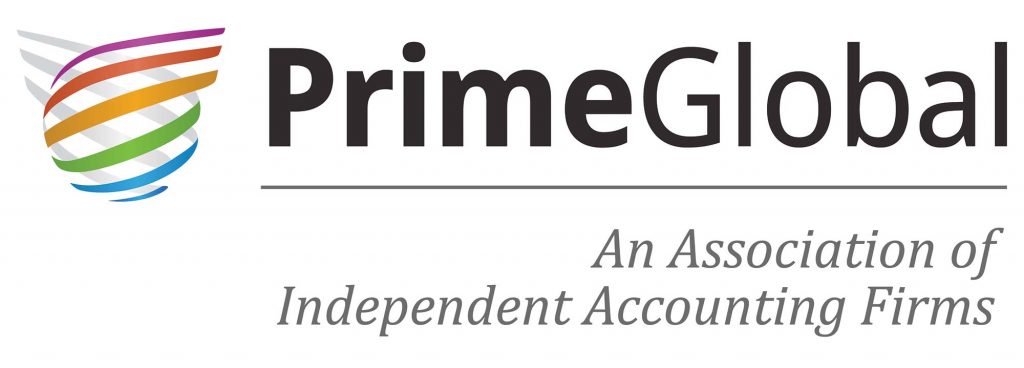On 29 May the ATO issued its first statements in relation to the administrative treatment that it will apply to both workers and businesses caught up in the recent high-profile action by the Federal Police and the ATO against Plutus Payroll and its related entities.
The complexities of managing staff payroll including withholding obligations, salary sacrifices, superannuation payment obligations and various additional requirements such as family maintenance obligations can be time-consuming, so it is not surprising that many businesses seek to have these obligations managed for them by professionals. As recent events have shown, this area is one that is not immune to some very concerning activities.
If non-compliance arises then the enforcement structure of the various obligations generally operate to protect the employee’s position. This usually leaves the employer with the exposure to any restitution and penalties that may arise.
Employees
The ATO states that where monies have been withheld from their wages then the ATO will allow full credit for these even where the withheld amounts have not been paid to the ATO. This will work to protect individual employees from having potentially large amounts payable on their 2017 tax assessments and is in line with past practice.
No specific mention is made by the ATO as to whether this concession will extend to paid directors. Past experience indicates to me that the ATO can be less willing to provide this level of support to a director (who after all has the obligation to ensure that the company has made the PAYGW payment to the ATO in the first place!). If directors are to be treated differently the approach that we think is most likely is that they will be taxed on their net wages only, with no PAYGW credit available.
No direction has yet been provided by the ATO in relation to superannuation obligations. The ATO has less discretion at its disposal in this area and no one would expect it to make up the shortfall, so one wonders whether the super costs will end up being paid twice by the employers in affected cases (once to the payroll provider and then again once the shortfall emerges). This could also be increased by the admin fee and interest. Hopefully any monies recovered by the ATO and the AFP can be paid firstly towards outstanding super to protect both innocent parties; no doubt this will be subject to the rules under which liquidators pay creditors.
Employers
As noted above, employers have the obligation to withhold and remit PAYGW. Outsourcing this function does not outsource the exposure to penalties if a breach occurs. Protection only arises if an employment agency is used, or where the individual uses their own personal services entity. In both of these latter cases it is the agency or the PSE who is the employer.
The same applies to SGC – directors carry a personal exposure.
Failure to withhold and remit exposes directors to personal liability to make up the PAYGW shortfall, and to make up any SGC shortfall. These obligations arise when the ATO serves a Director Penalty Notice on the director. Where a company has multiple directors, they are jointly and severally liable.
There is not yet anything in the ATO’s statements that would give directors any comfort that a concessional approach will be taken in relation to the employers’ PAYGW and SGC obligations , and at this stage it appears that the ATO have not formed a final view as to how they will deal with this matter. For directors in this situation it may be time to review information available from the ATO regarding what has been paid in order to quantify any shortfall. It may also be time to read the fine print on any relevant insurance policy that they may have taken out. Even if you are not caught up in this matter it might be time to ensure that your payroll agency is doing everything correctly.
If you have a client affected by this matter, keep an eye on https://www.ato.gov.au/Media-centre/Commissioners-online-updates/ATO-provides-certainty-on-tax-treatment.



